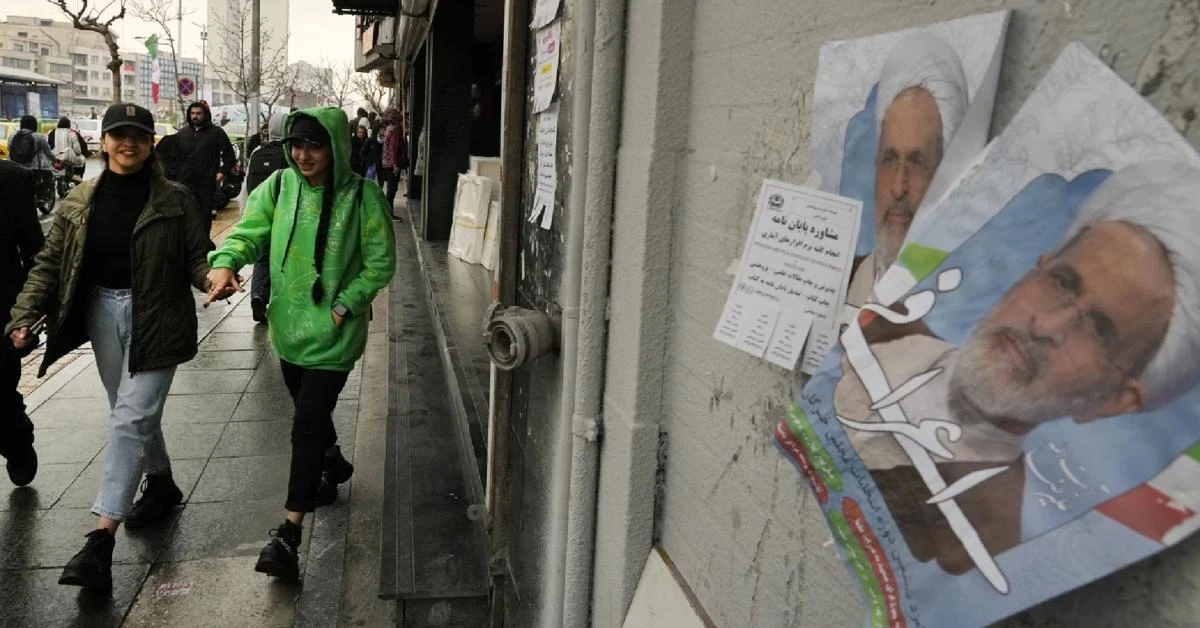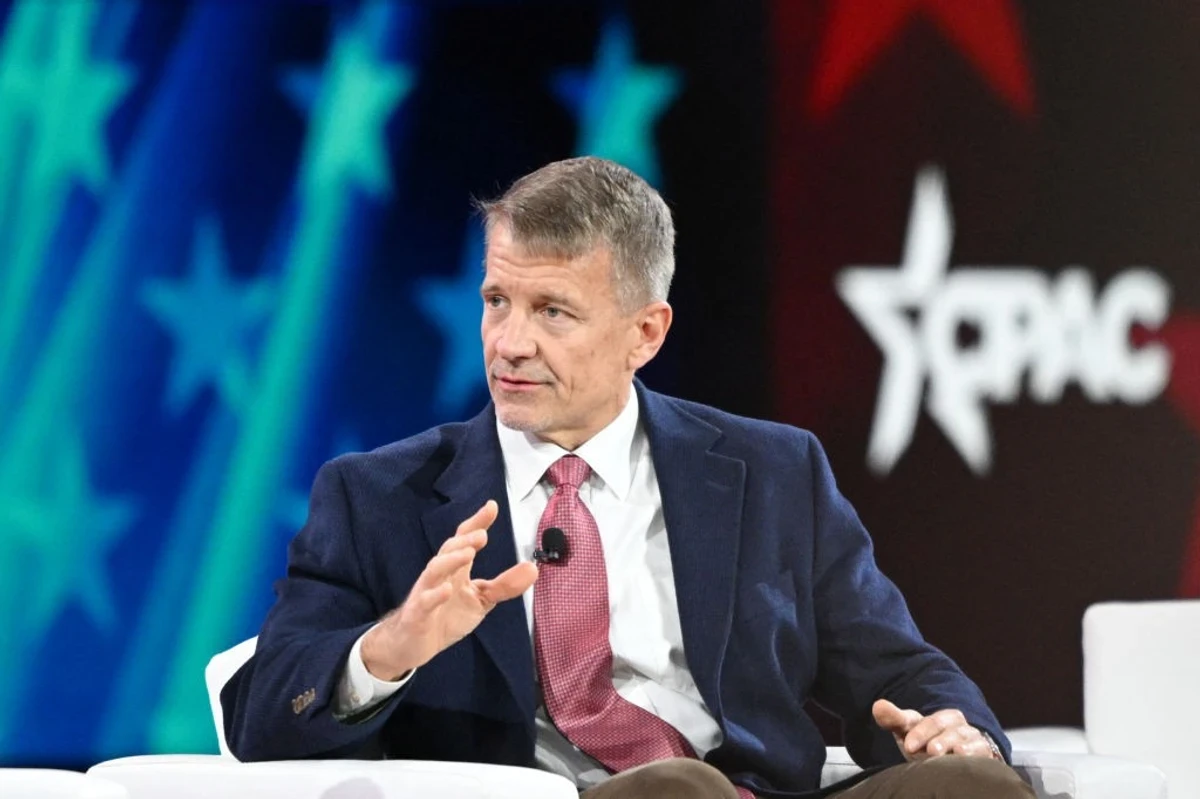Iran starts election campaign for first time after 2022 protests

Candidates started campaigning for Iran’s parliamentary seats in the first election since the 2022 protests over Mahsa Amini’s death in police custody
Contenders vying for seats in Iran’s parliament commenced their electoral campaigns on Thursday, marking the nation’s first election since the violent suppression of the 2022 nationwide demonstrations following the tragic demise of 22-year-old Mahsa Amini while in police custody.
As per state media reports, a staggering 15,200 aspirants are set to compete for a four-year tenure in the 290-seat legislative body that has been dominated by hardliners for the past two decades.
This figure represents a historical high, surpassing the number of candidates in the previous 2020 election, which witnessed a voter turnout of slightly over 42%, the lowest since 1979.
Amini’s passing on Sept. 16, 2022, subsequent to her detention by Iran’s moral authorities on allegations of breaching the nation’s stringent hijab regulations mandating women to conceal their hair and bodies entirely, sparked the initial protests that swiftly evolved into demands for the overthrow of Iran’s clerical leadership. The ensuing crackdown resulted in the loss of over 500 lives and the arrest of nearly 20,000 individuals, as reported by human rights advocates within Iran.
The Guardian Council, an election oversight body, forwarded the names of the 15,200 eligible candidates to the interior ministry, responsible for overseeing the electoral process. In Iran, any individual aspiring to run for office must receive approval from the Council, a 12-member clerical panel, half of whom are directly appointed by the supreme leader.
Among the candidates are 1,713 women, more than double the count from the 2020 election.
Scheduled for March 1, the election will determine the composition of the new parliament, which is expected to convene in late May.
Incumbent parliament speaker Mohammad Bagher Qalibaf will be contesting from his native region in the distant northeast, having secured a seat in Tehran four years ago. This shift in electoral districts often signifies a decline in popularity. Criticism from his hardline peers in recent times has centered on his alleged neglect of fellow legislators’ rights and purported indifference toward corruption reports during his tenure as mayor of Tehran.
Meanwhile, current assembly member President Ebrahim Raisi is set to seek reelection to the assembly from a remote precinct in South Khorasan province, facing off against a relatively unknown cleric.
Simultaneously, 144 clerics will vie for the 88-seat Assembly of Experts, an all-cleric body that serves as an advisory council to Supreme Leader Ayatollah Ali Khamenei, who wields ultimate authority over state affairs. Members of this assembly serve an eight-year term and are tasked with monitoring the supreme leader and selecting his successor, with Ayatollah Ali Khamenei approaching his 85th birthday in April after 34 years at the helm.
Source: AP



